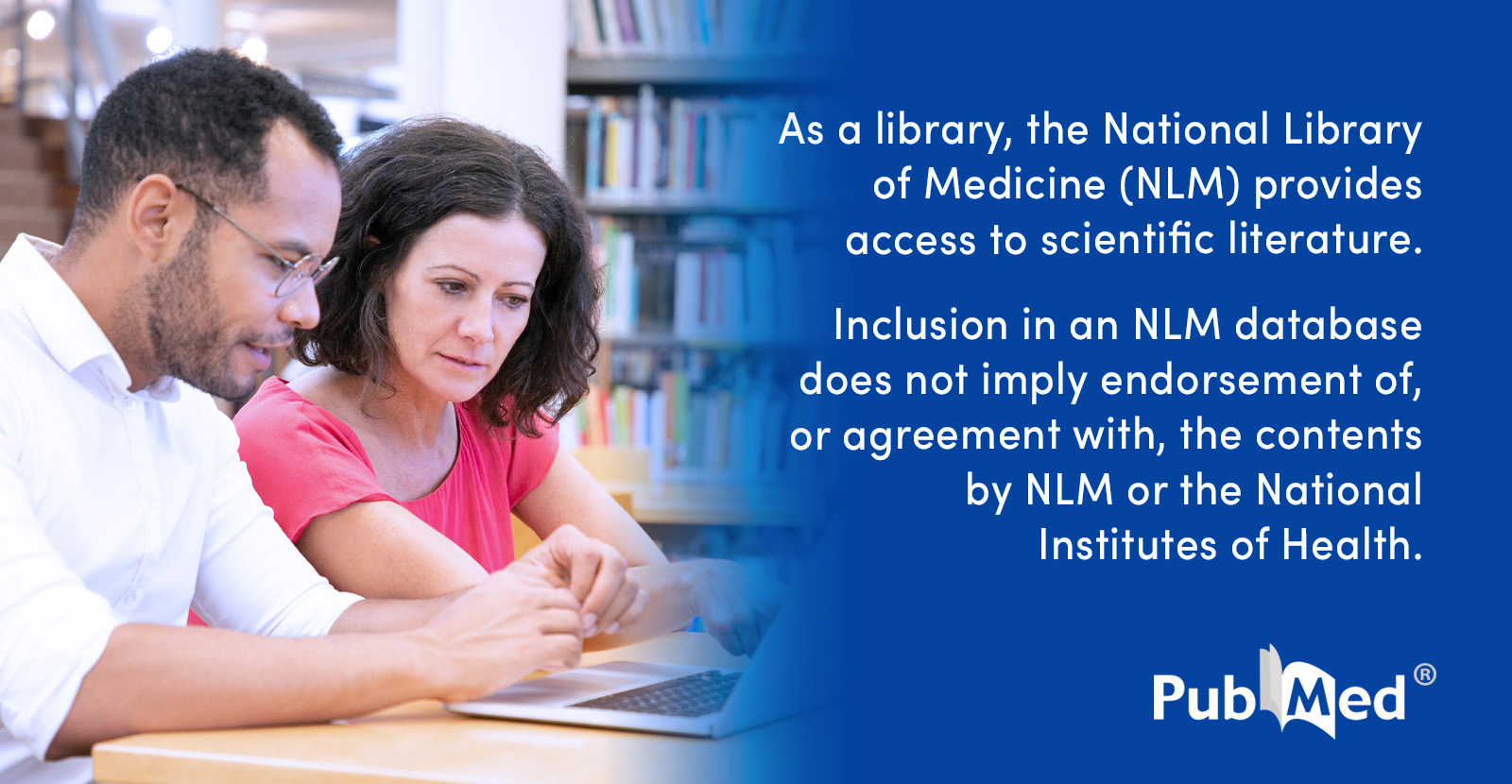
Conflict of interest (COI) disclosures are an essential component of ethical scientific publishing, ensuring transparency and trust in the research process. These disclosures alert readers and the broader scientific community to potential influences—financial, personal, or professional—that may affect the objectivity or interpretation of a study’s findings.
Most reputable scientific journals, including those indexed by databases like PubMed, require authors to submit COI statements alongside their manuscripts. These statements must detail any financial relationships, such as research funding, stock ownership, paid consultancies, or affiliations with organizations that may benefit from the study outcome. Personal or academic conflicts, such as competing professional relationships or ideological stances, may also be required.
COI disclosures are prominently displayed in published articles, often within a dedicated section labeled ‘Conflict of Interest Disclosures’ or something similar. This allows readers to assess the potential biases and make informed judgments about the credibility and impartiality of the research.
Oversight bodies like the International Committee of Medical Journal Editors (ICMJE) have standardized disclosure forms to streamline the process and ensure consistency across publications. Publishers take non-disclosure seriously, and failure to declare conflicts can result in article retractions, damage to professional reputation, and other disciplinary actions.
In summary, conflict of interest disclosures are foundational to ethical research practices. They provide transparency, uphold the credibility of scientific findings, and foster public trust in scientific inquiry and journalism.
Source: https:// – Courtesy of the original publisher.








